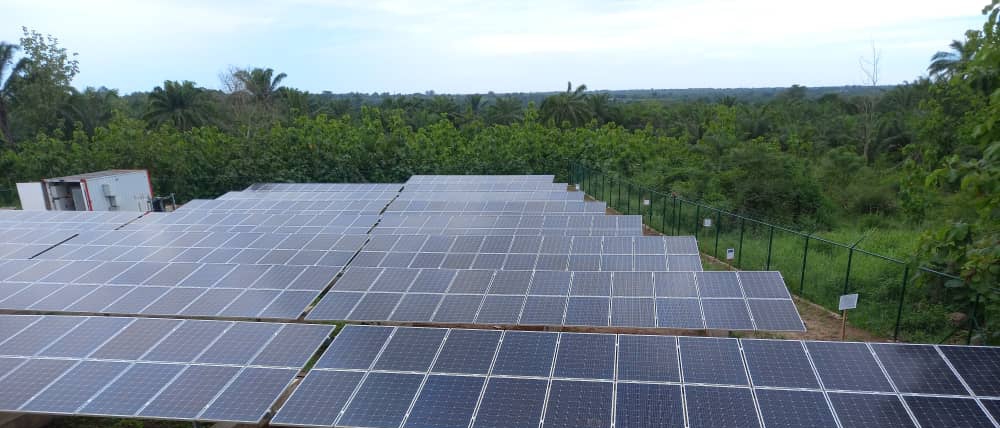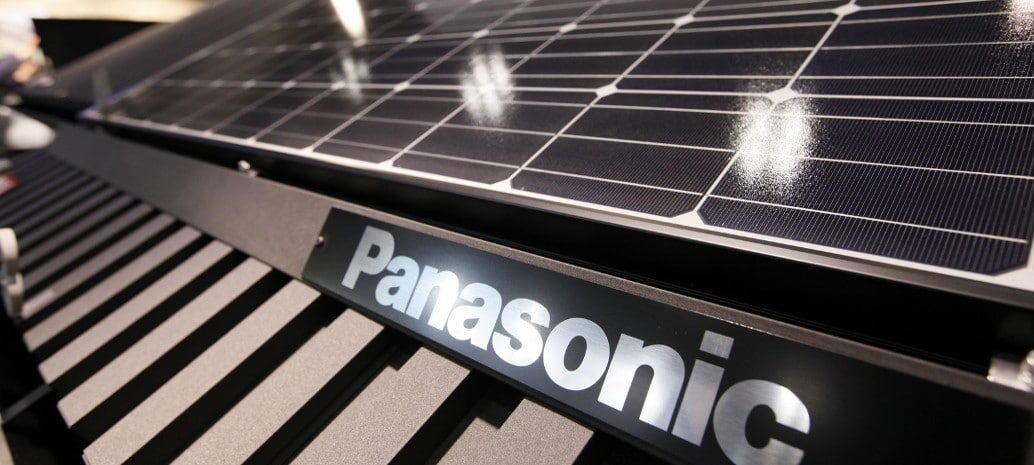Engie Energy Access, a unit French energy company Engie, has inaugurated its first mini-grid in Dohouè, a village in the south of Benin.
The Dohouè MySol Grid is powered by 135 kW of solar panels and supported by 130 kWh of Lithium-ion batteries. It connects over 1,500 residents and businesses to sustainable energy solutions.
Engie Energy Access has secured a 20-year license agreement for the project, through a partnership with the Beninese Agency for Rural Electrification and Energy Management.
Gillian-Alexandre Huart, Engie Energy Access CEO, said the company’s solar home systems and mini-grids in Benin “enable a cost-effective and adaptable multi-technological approach”.
“Therefore, we can meet the various urgent needs of residential, communal, and productive users living outside the national grid.” He added. “We are committed to making clean energy technologies accessible to low-income households, promoting inclusivity and empowerment within each member of the communities we serve.”
The project forms part of a wider scheme, which will see Engie Energy Access construct and operate an additional 20 mini-grids across Benin.
The mini-grids, co-financed by the Millennium Challenge Account – Benin II program as part of the Off-grid Clean Energy Facility, are expected to collectively deliver 1.2 MW of installed capacity and support more than 30,000 people across 20 rural localities.
Benin had a total of 28 MW of installed solar capacity at the end of last year, according to the International Renewable Energy Agency.
Last year, Japanese developer Toyota Tsusho announced plans to build a 25 MW solar plant in the country.
This content is protected by copyright and may not be reused. If you want to cooperate with us and would like to reuse some of our content, please contact: editors@pv-magazine.com.




By submitting this form you agree to pv magazine using your data for the purposes of publishing your comment.
Your personal data will only be disclosed or otherwise transmitted to third parties for the purposes of spam filtering or if this is necessary for technical maintenance of the website. Any other transfer to third parties will not take place unless this is justified on the basis of applicable data protection regulations or if pv magazine is legally obliged to do so.
You may revoke this consent at any time with effect for the future, in which case your personal data will be deleted immediately. Otherwise, your data will be deleted if pv magazine has processed your request or the purpose of data storage is fulfilled.
Further information on data privacy can be found in our Data Protection Policy.